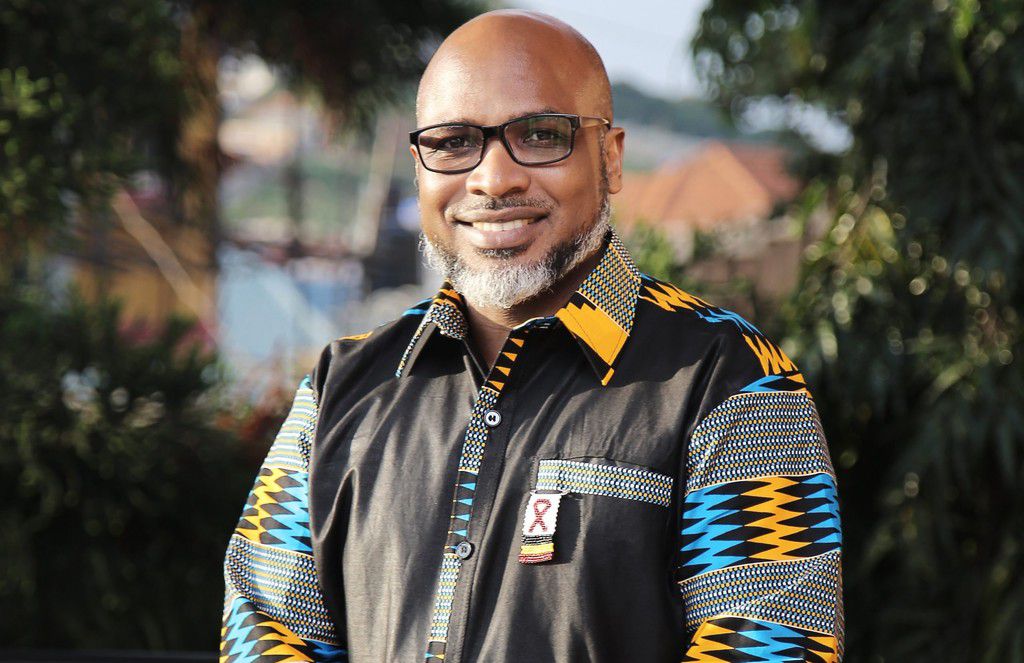Okra Shutdown: Fintech to Return Investors' Funds And Prioritize Employees' Severance Amid Strategic Pivot

In a rare move that underscores transparency and responsibility in Africa’s startup ecosystem, Nigerian fintech Okra has announced its decision to return unspent funds to investors despite having three years of financial runway remaining.
This comes after the company reportedly shut down operations on July 3, 2025, after raising more than $16 million in funding. The closure also marked the end of Nebula, its cloud services platform, which had aimed to provide cost-effective cloud infrastructure amid Nigeria’s rising tech expenses.
Rather than prolonging operations with limited growth prospects, Okra opted for an orderly wind-down, prioritizing investor returns and employee welfare.
Register for Tekedia Mini-MBA edition 18 (Sep 15 – Dec 6, 2025) today for early bird discounts. Do annual for access to Blucera.com.
Tekedia AI in Business Masterclass opens registrations.
Join Tekedia Capital Syndicate and co-invest in great global startups.
Register to become a better CEO or Director with Tekedia CEO & Director Program.
In an interview with Techpoint Africa, co-founder and CEO Fara Ashiru, stated that a significant amount will be returned to investors. Okra, which raised $16.5 million in funding over its lifespan, is estimated to return between $4 million and $5 million to investors. While Ashiru declined to disclose the specific amount, industry estimates suggest the startup spent around 60–75% of its total funding, leaving a significant amount unspent.
The decision to return funds reflects a focus on maintaining investor trust, a critical factor in Africa’s evolving startup ecosystem. The company has also implemented tiered severance packages based on tenure, with long-term staff receiving up to six months’ worth of salary and newer team members also receiving financial bonuses, an approach that stands in stark contrast to many high-profile startup failures.
Ashiru also addressed the shutdown of Nebula, Okra’s cloud product designed as a cost-effective alternative for African businesses. She noted that although some companies adopted Nebula, its lack of mission-critical use limited long-term viability. “This was a bold one and showed early promise, but the speed of adoption simply wasn’t fast enough,” Ashiru explained. She noted that continuing would have required additional capital and an extended timeline, a move she deemed irresponsible without stronger market traction.
Nebula positioned Okra alongside other homegrown cloud providers like Nobus and Layer3, targeting businesses seeking to reduce reliance on expensive foreign infrastructure. However, over time, it became increasingly unsustainable to run the business, because the company was spending more than it was bringing in.
Okra’s shutdown indeed marks a significant moment for Africa’s fintech ecosystem. As a pioneer in open banking, Okra built APIs that enabled seamless financial data access and payment processing, connecting bank accounts to third-party apps and serving major clients like Renmoney, Branch, and Bamboo.
The shutdown of Okra has sparked varied reactions across the African tech ecosystem. Many expressed sadness over the startup closure, recognizing its bold vision and contributions to Africa’s open banking landscape. Users highlighted the emotional weight of the shutdown, noting that behind it was a team that dared to innovate in a challenging environment.
Several takes pointed to Nigeria’s harsh business environment as a key factor in Okra’s demise. Commentators cited a lack of government support, and economic volatility such as naira depreciation and high cloud infrastructure costs as major hurdles. The consensus is that even well-funded startups like Okra struggle to scale in a dollarized ecosystem with naira-based revenue.
Notably, some framed Okra’s closure as a “semicolon” rather than a full stop, suggesting its contributions to open banking and financial APIs will inspire future fintech ventures. These takes reflect a mix of frustration with systemic challenges, admiration for Okra’s achievements, and cautious optimism for the future of African fintech. While Okra’s legacy in open banking endures, its shutdown underscores the complexity of building sustainable startups in Africa’s volatile markets.










